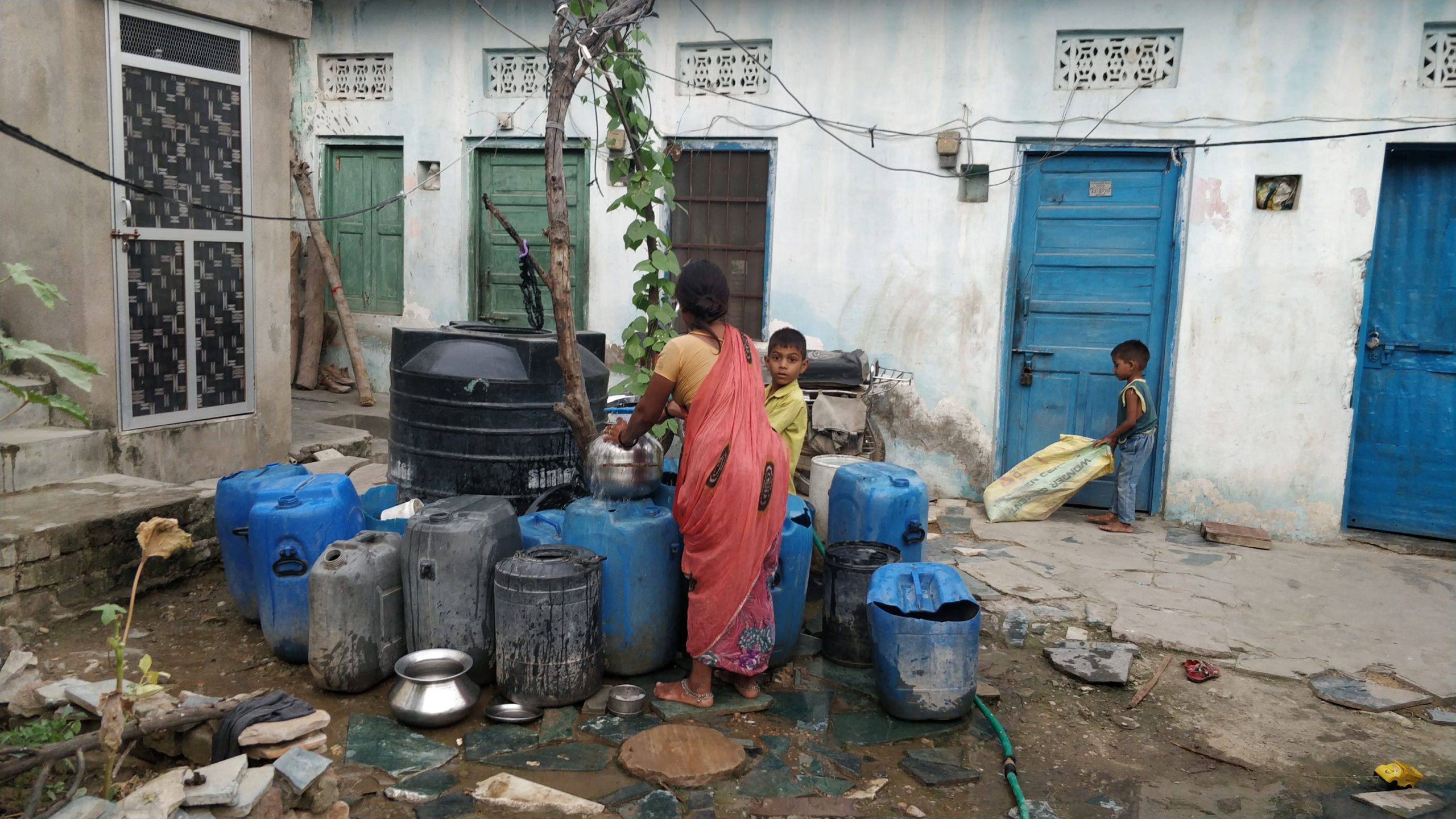WORK AREAS
Water, Sanitation & Hygiene

SAFETY AND DIGNITY OF SANITATION WORKERS
Sanitation workers regularly deal with hazardous waste and sometimes, enter high-risk confined spaces like sewers and septic tanks, for cleaning and maintaining the vast sanitation infrastructure. The working environment exposes them to a wide range of health risks and diseases due to harmful pathogens, chemicals and sharp objects.
Sanitation workers are one of the most marginalized and excluded populations. Discrimination on the basis of social status and practices of untouchability deepens their vulnerability, forcing them to compromise on their rights to dignity and decent work. At present, sanitation services get delivered through various modes which also includes unregulated, informal service providers.
The scheme Garima has been introduced in urban areas of Odisha for safety and dignity of core sanitation workers, with support of Urban Management Centre. The Government of Odisha strives to enforce the fundamental rights guaranteed under Articles 14, 17, 21 and 47 of the Constitution of India by regulating the sanitation sector, improving the working environment and providing identity to sanitation workers. The comprehensive scheme also ensures that social and financial benefits reach sanitation workers and their families.
Urban Management Centre is supporting the Govt. of Odisha by setting up a dedicated Technical Support Unit at the state and city levels with support from Bill and Melinda Gates Foundation.
UMC & WAI Rapid Assessment Study of Sanitation Workers during the COVID-19 Pandemic
Training of Sanitation Workers on use of Personal Protective Equipment (PPEs)
Ready Reckoner for Urban Local Bodies for Ensuring
Sanitation Workers’ Safety
Case Study : Sanitation Workers’ Safety in Warangal
during COVID-19





